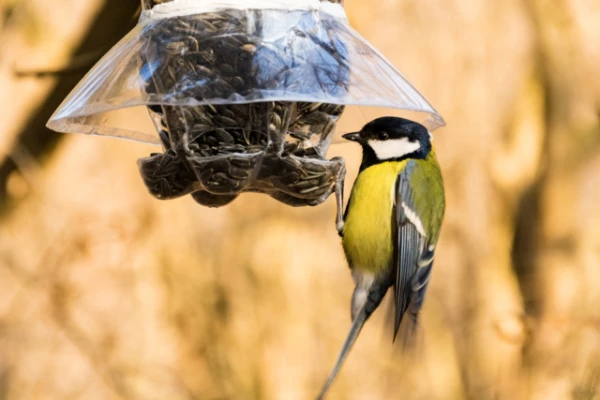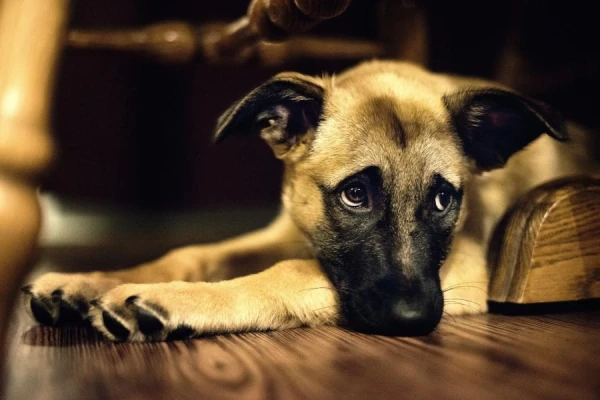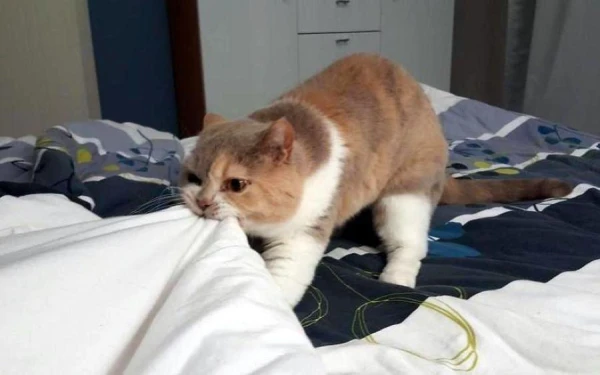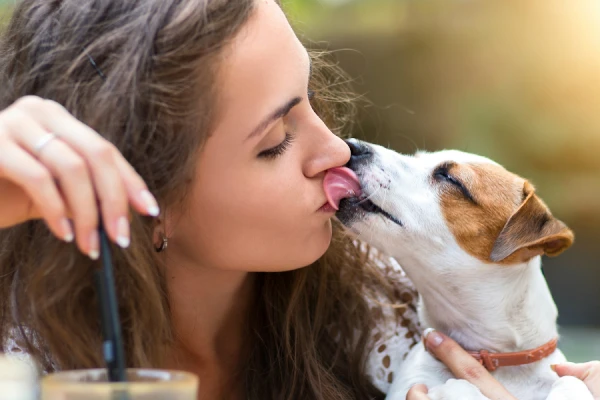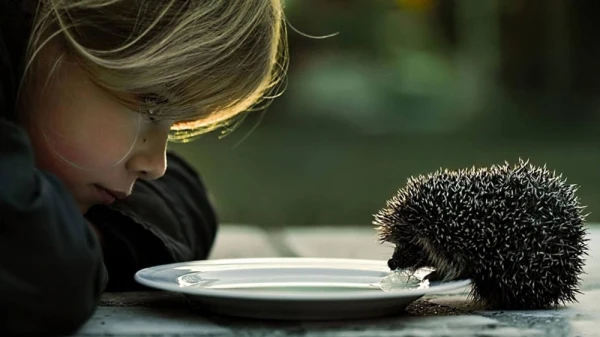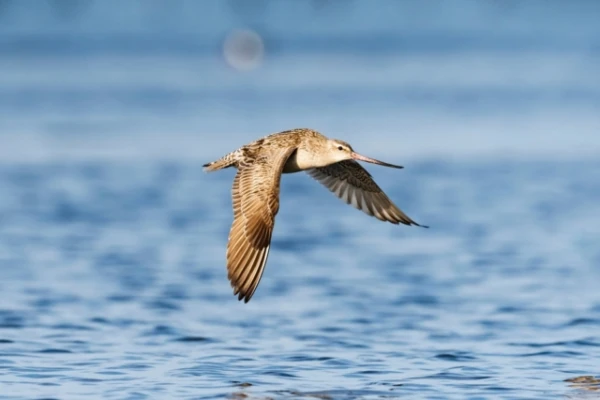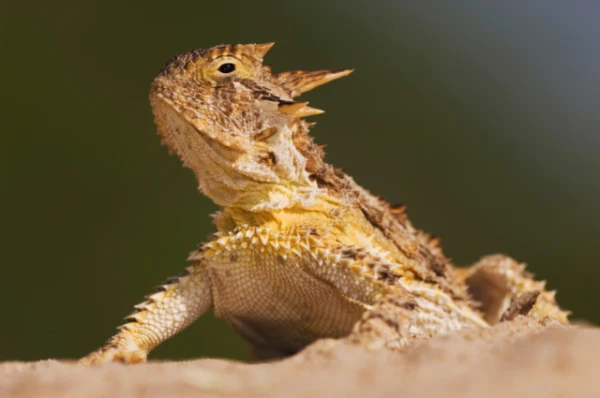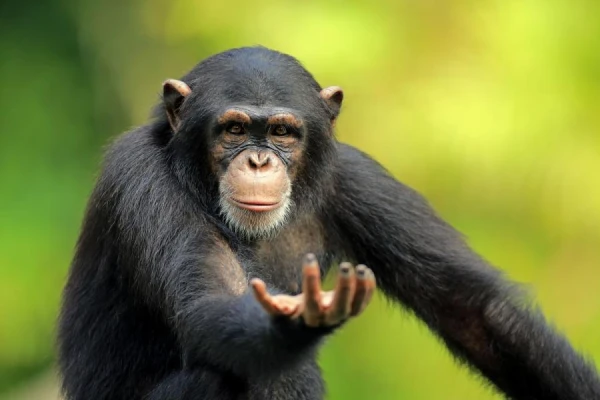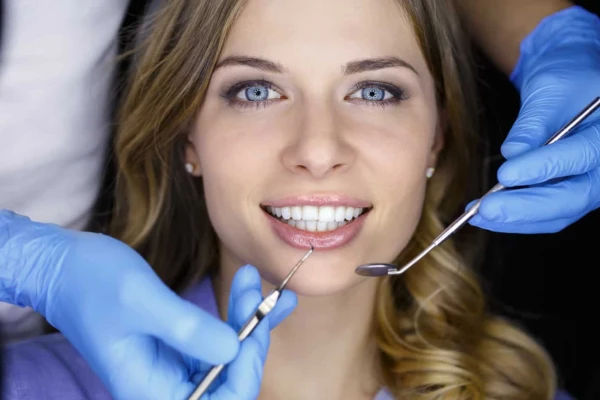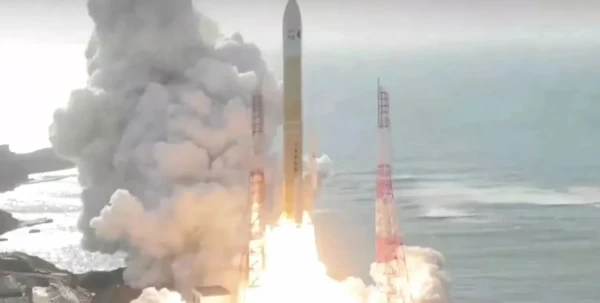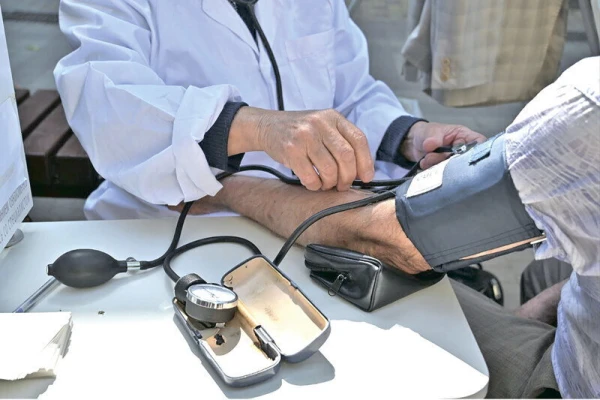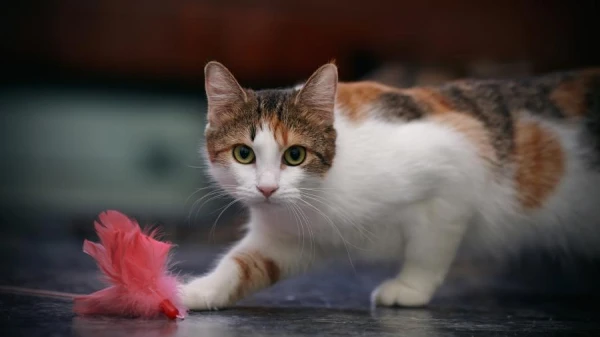
The cat is the perfect mother, ready to endure around the clock the newborn terrorists who torment her milky belly, staging mock battles while hiding behind their mother's body. And after all their mischief, mom lovingly smooths the fur of each of her kittens and wraps them in the warmth of her body.
But the moment of parting is near, and even a human could envy the maternal instinct of a mother cat. Does a cat's heart break at the moment of separation from her kittens?
Barely having come into the world, blind and clumsy kittens are completely dependent on their mother. For the first milk and warmth, hygiene skills, and first hunts, they owe it all to their mother, who serves as a guide in our big world.
It seems that this will always be the case, but the kittens quickly grow up, try solid food, and begin to live their own lives. And where independence begins, parental relationships come to an end. The best time to wean a kitten from its mother is at 3 months, when the kitten no longer needs supervision from mom. By this time, the mother cat, worn out by her little ones, also loses her milk, and with it, her maternal instinct fades away.
Then the female may not even notice the "loss of a fighter," especially if the owners do not draw attention to this for the pet. She might cry for a couple of days, sometimes a little longer, and then return to normal life, where she no longer has to hide on high places, escaping from the pesky little ones who would love to remember the past and sink their milk teeth into their mother cat's sore nipples.
If the owner follows a few basic rules, everything will go smoothly:
- It is best to give away the kitten while the mother is not watching. But if the kitten is already 12 weeks old or more, this moment can be skipped; the cat will be glad.
- Kittens should be given away one at a time each day, so the mother gradually gets used to a quiet life without numerous offspring.
What Happens If You Take a One-Month-Old Kitten from a Cat?
If you have no other choice, be prepared for the cat to have a very hard time coping with the separation. Milk continues to flow to the mammary glands, causing them to swell, and to avoid mastitis, the cat goes in search of her babies, calling out to them plaintively to relieve her pain. The highly developed maternal instinct exacerbates the situation, and the cat begins to cry mournfully, refuse food, sometimes driving herself into depression.
